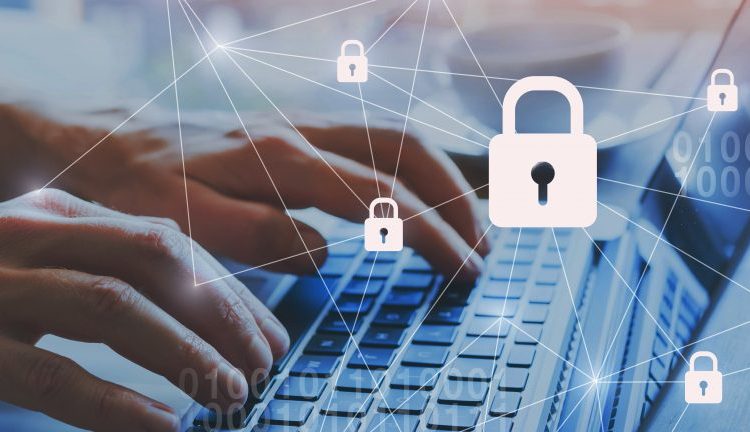According to some research, the global SaaS (software-as-a-service) market is expected to grow by as much as 21% annually in the next few years. It is also predicted to reach a staggering $117 billion by the end of 2022.
Just like GRC software and data privacy software, the importance of SaaS for businesses and organisations nowadays cannot be overstated.
SaaS is a cloud-based and on-demand software delivery model that will enable organisations to subscribe to applications they need without necessarily hosting them in the house. It is also considered one of the categories of cloud subscription services alongside infrastructure-as-a-service and platform-as-a-service.
Nowadays, SaaS has become very popular because it spares organisations from purchasing infrastructure and servers or hiring in-house support staff. SaaS provider hosts provide maintenance and security to their software. Many enterprise software vendors also provide cloud versions of their applications.
Data Privacy as a Service
Privacy as a Service (DPaaS or PaaS) is a type of software-as-a-service platform where consent management, compliance software, and disclosure notices are combined to provide organisations with a complete managed privacy service that’s designed to improve user control and transparency when it comes to data privacy.
For organisations that want a complete solution that combines privacy professionals with software, they can include a privacy team to function as external data protection officer (DPO) and guide the organisation through impact assessments. This is done by incorporating privacy by design into their workflow.
This next wave of Data Revolution focuses on data protection and privacy provided by businesses, regulators, and consumers. Organisations that are on the cutting edge of both data usage and collection are realising that they won’t be able to sustain their current business models if they won’t improve the privacy protections they are offering to consumers.
Using Data Privacy as a Service solution is considered three-fold. For starters, the GDPR created this race for organisations to hire DPOs with the right skills and experience to spearhead their privacy programs and help them comply with GDPR’s (General Data Protection Regulation) Article 37.
Next, if an organisation finds the right authorities internally to establish a privacy program, it is easy to see that data collection, processing, and sharing are happening at a very fast pace for the manual process to work. As a result, a more automated technology process like Data-Privacy-as-a-Service is required.
Lastly, new surveys on the subject indicate that only a small percentage of online users trust businesses to protect their privacy. When an outside organisation is brought in to enhance privacy protections like consumer controls and transparency, it is important for organisations to be able to separate themselves from those concerns and gain more trust in terms of their privacy practices.
PaaS: The Future of Data Privacy
Many organisations are now collecting an increasing percentage of data to improve their marketing and facilitate product improvements. While many consumers are willing to share their data, many organisations have taken data usage, sharing, and collection a bit too far.
However, as users are demanding more transparency in terms of the organisation’s data practices, they might need to resort to external vendors to overhaul their privacy systems.
This type of Data Privacy as a Service can become a popular offering in the near future as organisations try to rebuild or maintain customer trust brought about by controversial data usage or sharing or data breaches. In an era where data privacy and security are paramount, SaaS companies are increasingly turning to SaaS Security Posture Management solutions to ensure the safety and compliance of their cloud-based software offerings, safeguarding both user data and business reputation

